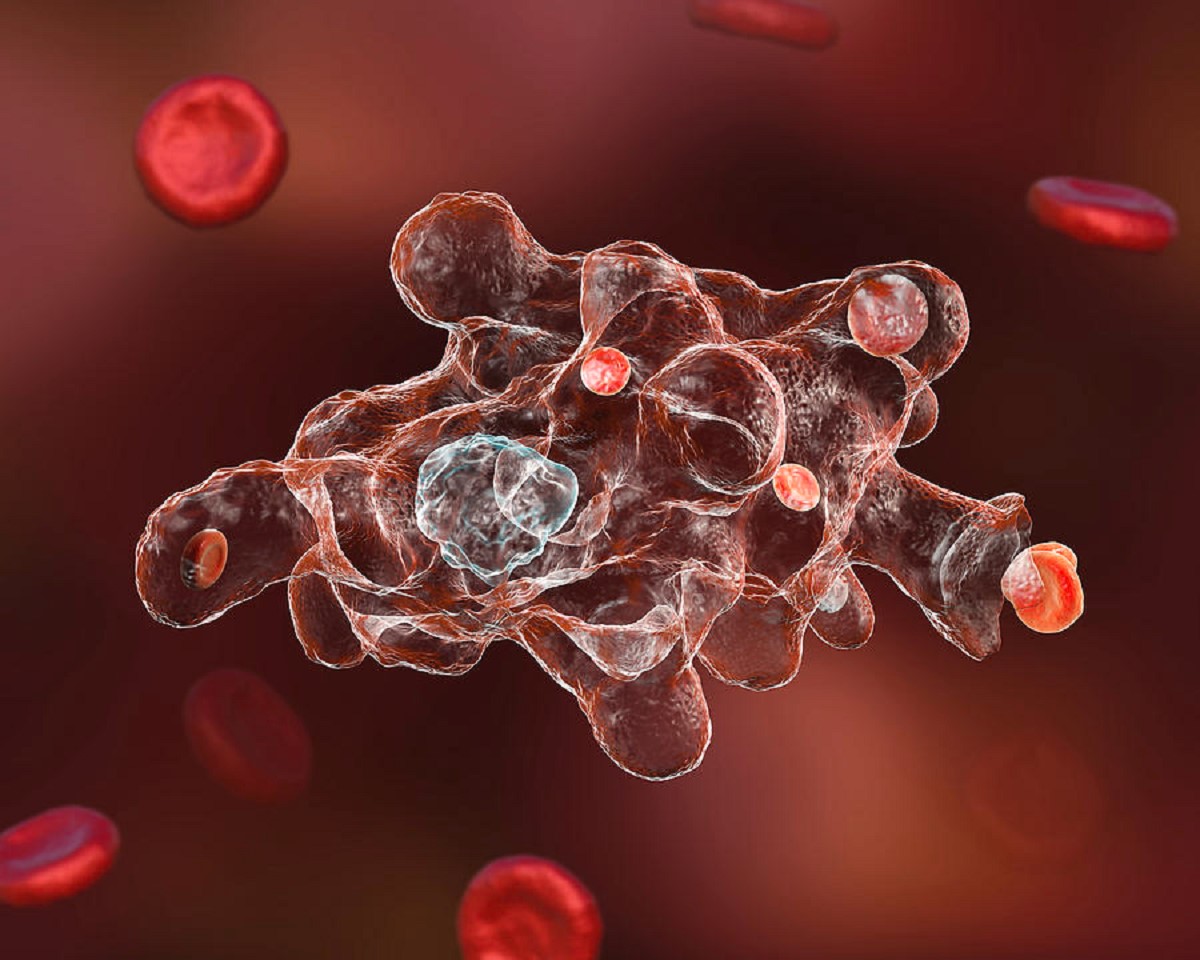KEY TAKEAWAYS
- The study aimed to investigate the clinical outcomes of patients with R/R DLBCL following first-line R-CHOP therapy.
- Researchers noted poor R/R DLBCL outcomes, emphasizing the need for novel 2L treatments.
Relapse and refractory (R/R) rates after first-line R-CHOP in diffuse large B cell lymphomas (DLBCL) are ~40% and ~15% respectively. Despite the introduction of rituximab, outcomes for patients with R/R DLBCL remain challenging, necessitating a deeper understanding of real-world outcomes in this patient population.
Irene Dogliotti and the team aimed to assess the clinical outcomes of patients with R/R DLBCL in the rituximab era, highlighting the urgent need for novel second-line (2L) therapies to improve patient outcomes.
They performed an inclusive analysis of 403 consecutive patients with DLBCL treated in 2 large hematological centers. Data were collected retrospectively from medical records, focusing on patients who experienced relapse or refractory disease after first-line R-CHOP therapy.
At a median follow-up of 50 months, 5-year overall survival from diagnosis (OS-1) was 66.5%, and 2-year progression-free survival (PFS-1) was 68%. A total of 134 (34.4%) patients relapsed (n = 46, 11.8%) or were refractory (n = 88, 22.6%) to R-CHOP.
The most employed salvage treatments included platinum salt-based regimens in 38/134 (28.4%) and lenalidomide in 14 (10.4%). Median OS and PFS after disease relapse or progression (OS-2 and PFS-2) were 6.7 and 5.1 months, respectively.
No significant difference in overall response rate (ORR), OS-2, or PFS-2 in patients treated with platinum-based regimens versus other regimens was observed. By multivariate analysis, age between 60 and 80 years, germinal center B cell type cell of origin, and extranodal involvement of <2 sites were associated with better OS-2.
The study concluded that outcomes for relapsed/refractory DLBCL in the rituximab era are very poor. Widespread approval by national Medicine Agencies of novel treatments such as CAR-T cells and bispecific antibodies as 2L therapies is eagerly awaited to improve these outcomes.
The study was funded by an unconditional grant from Roche Italia. ID was supported by SIE (Società Italiana di Ematologia) and AIL (Associazione Italiana contro le Leucemie, Linfomi e Mieloma).
Source: https://pubmed.ncbi.nlm.nih.gov/39030982/
Dogliotti I, Peri V, Clerico M, et al. (2024). “Real life clinical outcomes of relapsed/refractory diffuse large B cell lymphoma in the rituximab era: The STRIDER study.” Cancer Med. 2024 Jul;13(14):e7448. doi: 10.1002/cam4.7448. PMID: 39030982; PMCID: PMC11258436.



